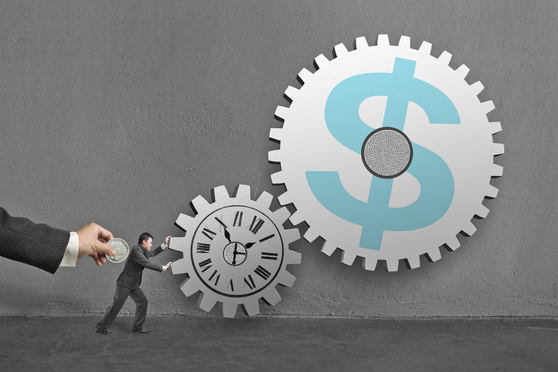In recent years, the legal industry has witnessed a lot of change in the nature and handling of electronic discovery. A major part of that change has had to do with IT best practices, better information retention, and software solutions continuously evolving to make sense of the enormous growth in stored data, while at the same time, keeping costs in check.
Many of the efficiencies gained during this evolution of e-discovery can be credited to the efforts and innovations of CIOs, in-house counsel, judges and e-discovery software companies. Meanwhile, most of the benefits of this evolution have been passed on to end buyers (mostly large corporations) who foot the bill for expensive e-discovery. And while the efficiencies gained during this process have helped reduce the burden of the end buyers, there is a need for constant improvement to make sure that the benefits gained in the past through these efforts do not taper off or get lost against the growing pressures of cost and big data. This makes outside counsel and law firms well positioned to contribute to the next phase of e-discovery evolution.



